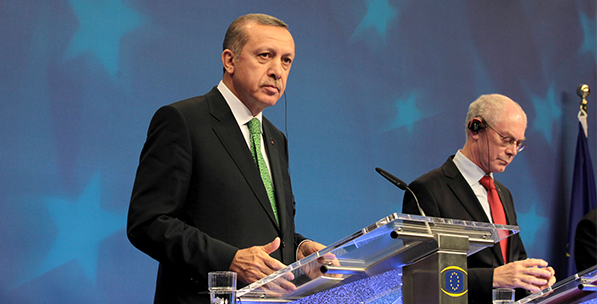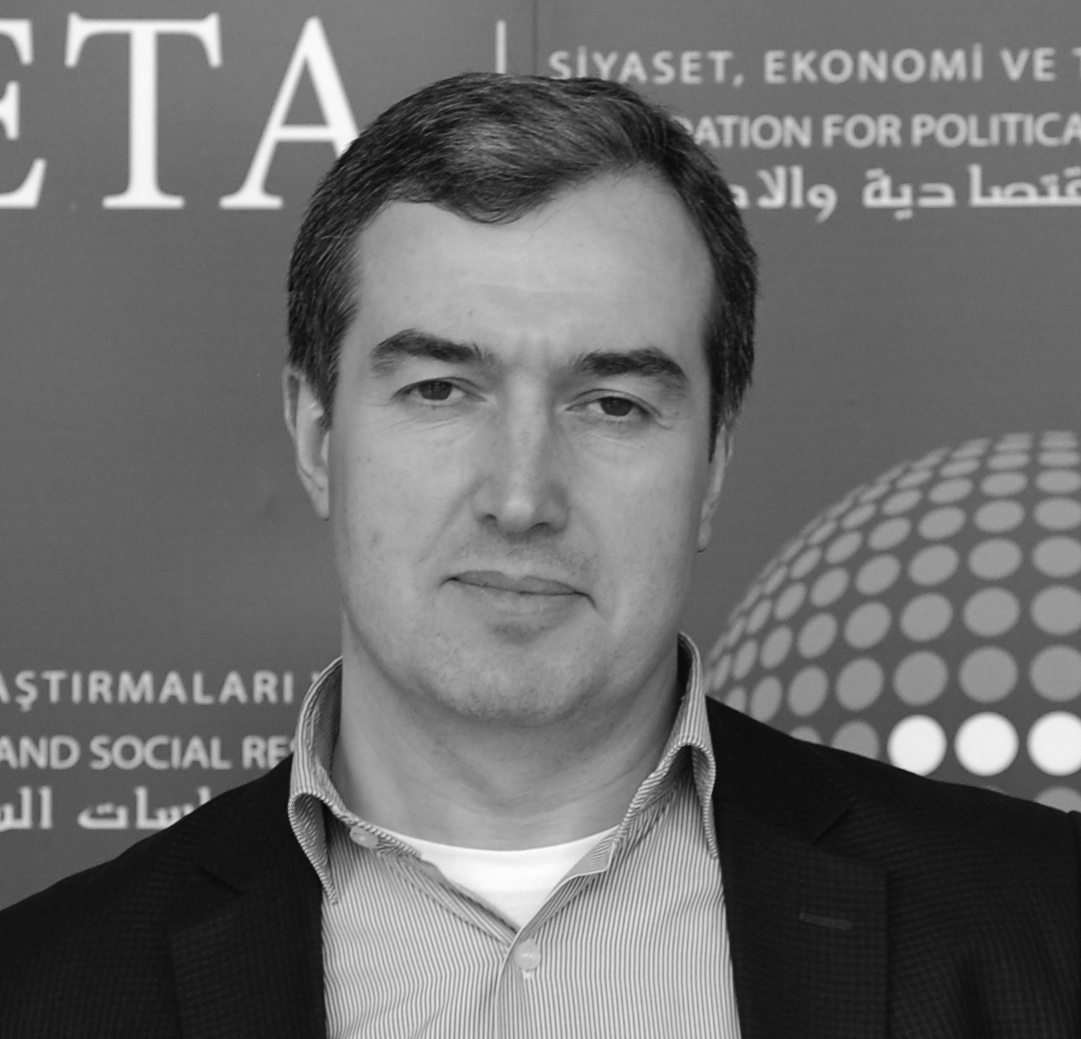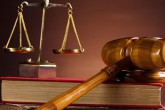The Prime Minister Recep Tayyip Erdoğan’s visit to Brussels after five years, then hosting French President François Hollande in Turkey – a first visit at the presidential level in the last 22 years -, Turkish President Abdullah Gül’s visit to Italy and then Erdoğan’s visit to Germany last week have made Turkey-EU relations the most visited topic of discussions lately.
Mutual perceptions of the sides have critically changed following the rapidly developing relations in the period of 2002-2005 and the start of accession negotiations between Turkey and the EU on October 3, 2005; and the resulting various problems took away the excitement felt at the time (of the negotiation start date).
At the EU front, in Germany, Gerhard Schröder, the Social Democrat Party leader who is known to approach Turkey’s accession to the Union quite positively, had to leave the government to Angela Merkel who has negative impressions about Turkey’s EU membership. In France, Nicolas Sarkozy, who was very negative about Turkish accession to the EU, became the president of the country. Consequently, Turkey-EU relations gradually froze.
At the Turkey front, the governing Justice and Development Party (AK Party) faced quite serious obstacles in front of its democratization moves, and had to struggle against a closure case filed against it. Turkey did not meet the expectations of Brussels when it came to the resolution of the Cyprus question, which had become a critical threshold for Turkey’s accession to the Union. Eventually, the AK Party overcame the closure case, made a great leap forward in democratization and learned how to get its feet on the ground. As the AK Party government did not give much importance to the EU entry process as it used to be, bilateral relations turned icy-cold.
Unrecognized by Turkey, the Greek-Cypriot Government in South Cyprus took the helm of the EU as the new term president on July 1, 2012, and with this, Turkey-EU relations became more problematic.
IS THE EU A RIGHT PARTNER?
After the Greek-Cypriot term presidency ended, Sarkozy lost power in the elections and Hollande became the new president of France in 2012. Hollande, however, seems eager to revive the Turkey-EU relations.
Ankara has aimed to mitigate the negative effects of the issues she faced in the Middle East by having better communication with the EU; this played a role in rekindling Turkey-EU affairs. The developments taking place in Syria and Egypt, in particular, have shown that Turkey by herself cannot be more effective in the solution of these problems and that Ankara needs partnership in order for the formation of democratic regimes in her region.
Since the regional actors, such as Iran and Saudi Arabia, are the sides involved in the Middle East-related issues and since the United States (US) and Russia, as global actors, give the least priority to the objectives of human rights and supporting democracy in their foreign policy agendas, they are not the ideal partners Turkey needs in this particular issue.
At this point, we face a quite critical issue: Is the EU a reliable and trustworthy actor whom Turkey can have cooperation with for the solution of the Middle East-related problems in terms of protection of human rights and promotion of democracy?
To answer this question, one should talk about the structure of the international system, how international relations are shaped and the EU’s position in this structure.
THE STRUCTURE OF THE INTERNATIONAL SYSTEM
The preliminary fixation about the structure of the international system is that the Western world still maintains military and economic superiority since the 18th century although it has been challenged by the Far East countries, Russia, India and Brazil.
The Western world generates almost half of the world’s Gross Domestic Product (GDP) and accounts for over two thirds of the total military expenditures. The actors in the We
In this article
- Foreign Policy
- Opinion
- 2002
- 2005
- 2012
- Angela Merkel
- Cyprus
- Egypt
- Elections
- EU Membership
- Europe
- European Union (EU)
- Far East
- France
- French President
- Germany
- Global Actors | Local Actors
- Human Rights
- India
- International Relations
- Islamic Republic of Iran
- Italy
- Middle East
- Nicolas Sarkozy
- Prime Minister
- Recep Tayyip Erdoğan
- Russia
- Saudi Arabia
- Syria
- Syrian Civil War
- Syrian Conflict
- Syrian Crisis
- The President of the Republic of Türkiye
- Turkish President
- Türkiye
- Türkiye-EU Relations
- Türkiye's Justice and Development Party | AK Party (AK Parti)
- Western World



